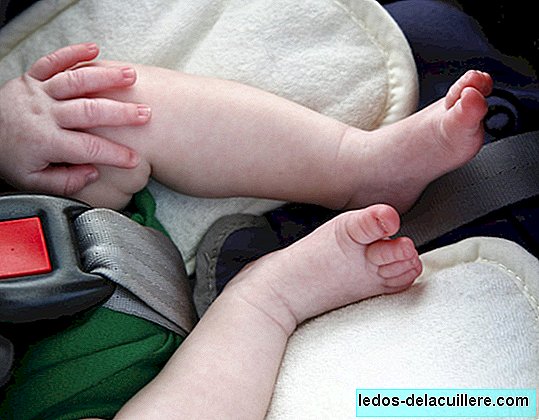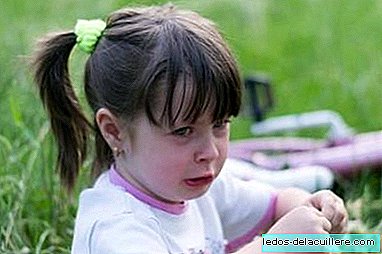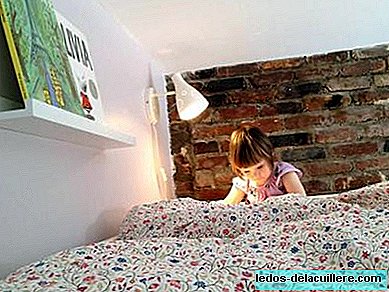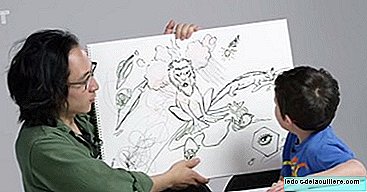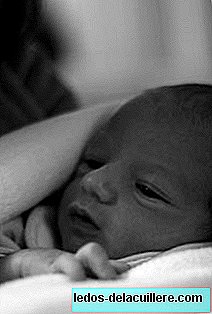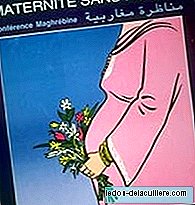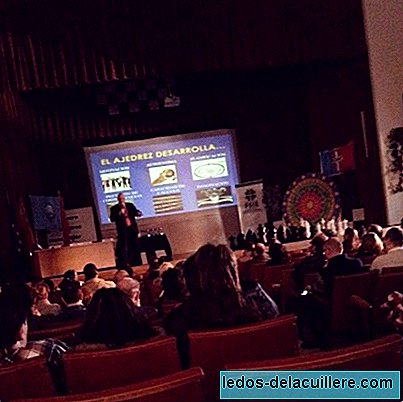
I have attended the presentation of Leontxo García at the Montpellier School of Madrid on how chess teaches to think and I have been very attentive to the explanations of how that learning applies especially to children.
In the presentation Leontxo talked about how the Russians at the beginning of the 20th century analyzed the values that chess contributed to learning and found more than 25 variables that influenced the formation of children. I stayed with one of them, for example, self-criticism, the ability to learn from the mistakes made, this is especially clear because each chess game is learned and it is also the players who tell each other, after the game, what has passed. Although there are many more applications, for example, the forecast of consequences, the ability to relate, spatial vision and a lack that is evident in PISA reports, problem solving.
I really liked the presentation, the domain and the experiences that Leontxo communicated, which has been knowing chess in Spain for more than 30 years and especially spreading it. I also loved that the Montpellier College has started working with chess to checkmate school failure. And he has done so from an early age, taking advantage of the successful experiences of the International Master Adriana Salazar, from Colombia, who works successfully on the Chess initiative in the classroom. They explained that Adriana teaches children between 2 and 5 years old using chess in a transversal way. He also teaches his students violin and taekwondo.
Leontxo explained that Adriana teaches children body movements on a giant chess board. On that board the kids understand how to handle very complex concepts such as rows, columns and diagonals. It also teaches them to imagine plays developing in children the spatial vision and the relationship cause effect.
These methods that use chess as a transversal support to teach how to solve complex problems must be accompanied by Teachers with technical and accredited training to take advantage of the potential of chess. Thus in Spain there are initiatives, such as the one we mentioned about Luis Blasco and his Checkmate to ADHD, which seeks to train monitors in the use of chess as the main thread of therapy.
Leontxo also told us about many more applications of chess in childhood, for example, it is possible that the great chess players begin to document your troubleshooting method in a general way, what would help to make it easier for everyone to review our procedures and try to approach the complex in a more effective way.
Leontxo did an impressive dissemination work explaining many advantages of the use of chess in education, such as the development of mathematical, spatial, and intrapersonal logical capacity (the knowledge of the player helps to identify own advantages and lacks), interpersonal (always you have to play with someone and treat him with respect). In addition, the latest studies, from 2012, led by Ramón Aciego, Lorena García and Moisés Betancort documenting the benefits of chess to enrich the intellectual and socio-emotional abilities of children (The Benefits of Chess for the Intellectual and Social-Emotional Enrichment in Schoolchildren (pdf)).
Finally Leontxo explained the European Parliament initiative of March 2012 in which the subject of chess in schools is promoted by contributing to "improve social cohesion and integration, as well as to fight against discrimination and can contribute to reducing crime rates or all kinds of addictions In 80 schools in Spain it has been implemented as a compulsory subject and in 1,000 schools it appears as an optional subject.
Another point that Leontxo told us made reference to the impact that chess is having on Alzheimer's because, apparently, it delays its appearance. So one of the final reflections of the day was that grandparents can practice with grandchildren to play chess and thus a double objective could be covered: delay Alzheimer's and anticipate children's abilities.
I will continue to learn more about chess and I hope soon to have more articles and references about it focusing on the impact it has on education. I really liked the initiative of the Montpellier College to checkmate school failure, so you have to know much more about it.


